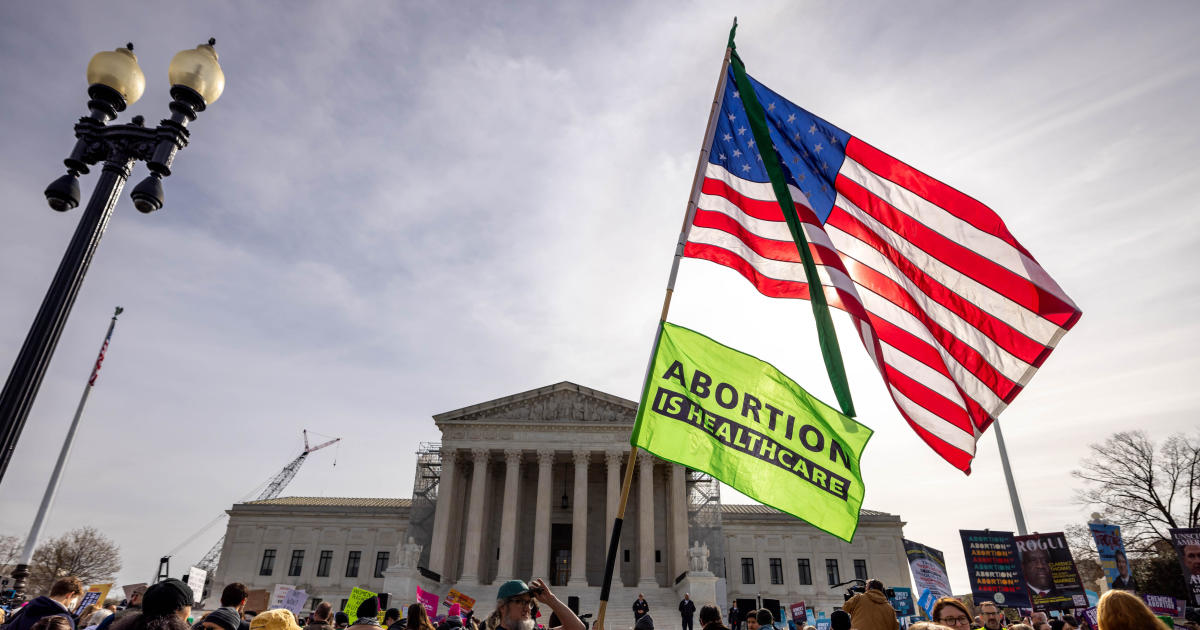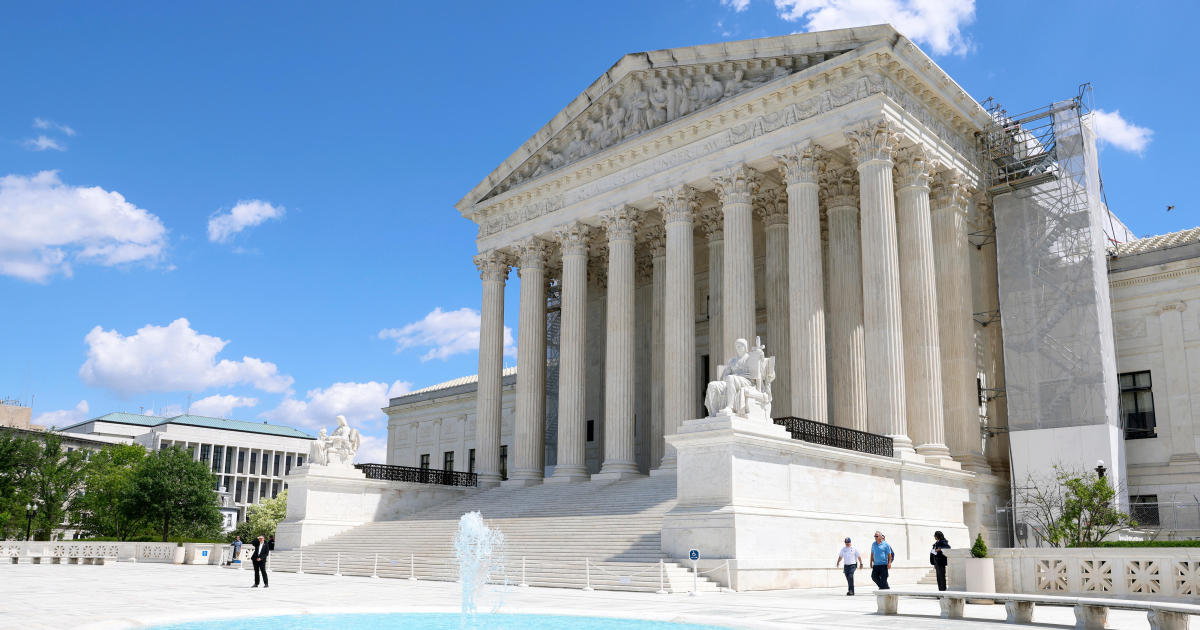Supreme Court turns down request from New York firearms dealers to block new gun law
Washington — The Supreme Court on Wednesday refused a request from a group of firearms dealers in New York seeking to halt parts of the state's new laws regulating commercial gun sales.
In a one-line, unsigned order, the court denied the emergency request for an injunction filed on behalf of licensed firearms dealers who sought the Supreme Court's intervention to "keep their doors open, while fighting to restore their civil rights through this lawsuit."
The Supreme Court's order comes days after it rejected a separate request from six New York gun owners to block the state's new firearms law, which was enacted in the wake of a major Second Amendment decision this summer. That law, the Concealed Carry Improvement Act, imposed new restrictions on carrying guns in public, and the court's order allowed it to remain in place while legal proceedings continue.
The dispute from the gun sellers involved measures enacted just before and in response to the Supreme Court's June ruling invalidating New York's permitting regime for concealed carry applicants, which marked the first time the high court recognized the right to carry a handgun outside the home.
Among the laws targeted by the gun sellers were requirements that firearm dealers secure guns in a safe or locked area and have security systems installed on their premises; prohibit people under 18 from entering gun retail stores without a parent or guardian; and provide records of gun sales to government law enforcement agencies and manufacturers upon request.
They also challenged laws regarding the purchase of guns and ammunition, including a licensing requirement for semiautomatic rifles; requiring background checks for ammunition sales and directing New York State Police to establish a database for such sales; and requiring gun dealers to maintain records of ammunition sales.
The regulations took effect in September and December, and the firearms dealers told the court they are unable to comply with "most" of the new laws.
The gun dealers brought their case in early November in federal district court, arguing the firearms laws violate their Second Amendment rights, are preempted by federal law and are unconstitutionally burdensome. A U.S. district court judge denied their request to block the laws. After appealing to U.S. Court of Appeals for the 2nd Circuit, a three-judge panel also declined to halt enforcement of the law pending appeal.
Proceedings before the 2nd Circuit are ongoing.
In their request to the Supreme Court, the firearms sellers said they have been "fighting in courts for nearly two straight months to try to find a judge" to grant their request for injunctive relief, and have been out of compliance with the new laws since Dec. 5, putting the future of their gun stores at risk.
"Petitioners are risking everything to try to stay in business in support of civil rights under the Second, Fifth, and Fourteenth Amendments, and to keep the doors open and the lights on while they pursue this case, but we can't seem to find a judge in district or circuit court who will back them up. Petitioners are thus before you now," a lawyer for the gun sellers wrote.
But New York officials, led by Attorney General Letitia James and Solicitor General Barbara Underwood, urged the Supreme Court to turn down the request, as the court fight involves laws concerning the commercial sale of firearms, most of which were enacted before its June 23 decision in New York State Rifle and Pistol Association v. Bruen.
"This case does not involve any significant Second Amendment issue left open by Bruen that would warrant this court's review," James and Underwood told the court in a filing.
Blocking the measures, specifically recordkeeping, security and training requirements, would cause confusion for county-level administrators and dealers who have been preparing to comply with the laws since they were passed in June and "put the public at risk," she said.



